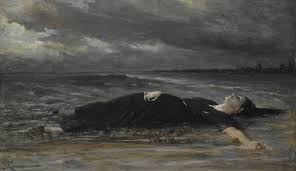Shortly after the development of electricity as a viable means of household energy, governments sought to regulate it. Soon every state required electricity providers to get permission from “public utility” commissions. Then came government control over pricing, profits and implementation. Today’s electrical companies are essentially monopolies—with government licenses.
Later studies debunked the government arguments—too late. A study by Walter Primeaux, “Total Deregulation of Electrical Utilities: A Viable Policy Choice,” in Unnatural Monopolies (1985), showed that communities with competing electric companies had average prices that were 33 per cent lower.
Today it is almost impossible to start a rival utility and compete with modern power firms. You will be stopped by the government.
This week, Pacific Gas & Electric (PG&E)—the government-licensed monopoly utility in many areas of California—simply shut off electricity to a million Californians upon a claim that it hoped to prevent wildfires. (There was wind in the forecast.)
PG&E was bankrupted last year when its power lines were blamed for causing deadly wildfires. The company has lost, or is on track to lose, over a billion dollars. Now PG&E is, well, somewhat unresponsive to customer needs. And there are no competitors.
Groceries have rotted, shops and businesses have shuttered and lost millions, cars and lives are at a standstill.
If ever there were a lesson for advocates of “net neutrality”—a government takeover of the internet to ensure “access”—it is this tale. If internet providers ever become government-sponsored monopolies they will be able to shut down their services at any moment—and consumers will have nowhere else to go.


